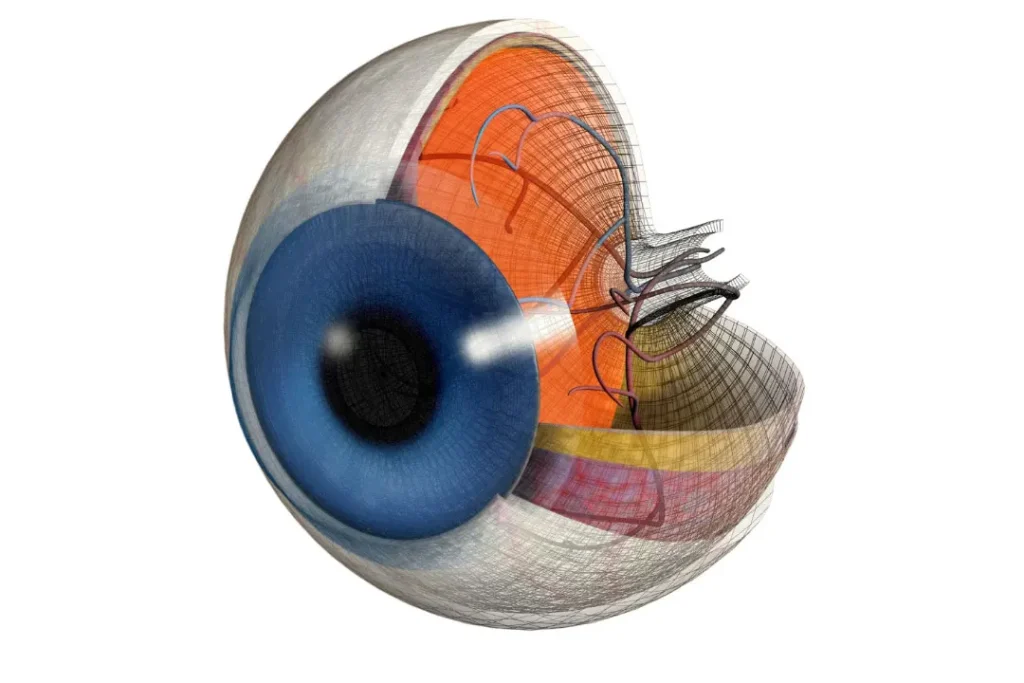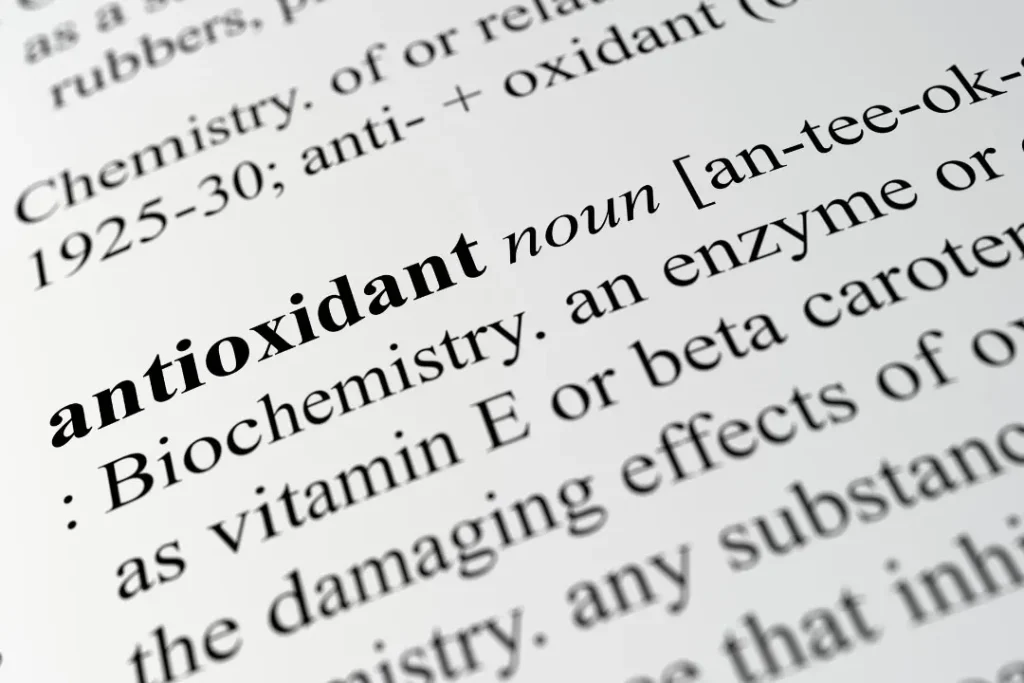Flaxseed oil is a byproduct of the linum usitatissimum plant, and due to its powerful health advantages, it has attracted interest from the scientific and medical sectors. This article will examine the nature, health benefits, recommended dose, possible side effects, drug interactions, and other important factors about the appropriate use of this dietary supplement.
You May Also Like:
CBD for Concentration: 3 Epic Benefits that Boost Your Focus
Sunmed CBD vs. Partnered Process CBD: Finding the Best CBD for Sleep
Flaxseed Oil: Benefits, Dosage, Side Effects, Drug Interactions, and Other Important Information is an original (NootropicsPlanet) article.
The Nature of Flaxseed Oil
The seeds of the flax plant are used to make flaxseed oil, also known as linseed oil. The oil is extracted by cold pressing flax seeds, and depending on the degree of refining, the hue can range from clear to amber. Its high fatty acid composition is one of its most distinctive qualities.
The form of omega-3 fatty acid known as alpha-linolenic acid (ALA) is the most prevalent fatty acid in flaxseed oil. About 50–60% of the total fatty acid content is made up of it. In lower amounts, linoleic acid, an omega-6 fatty acid, and oleic acid, an omega-9 fatty acid, are also present in flaxseed oil. In addition to these fatty acids, the oil also contains lignans, substances that have antioxidant and fiber-like properties, although they are often present in larger amounts in the seed than the oil.
Health Benefits of Flaxseed Oil
The high ALA content of flaxseed oil is largely responsible for its health advantages. Although at low rates, ALA can be transformed after ingestion into the two essential long-chain omega-3 fatty acids eicosapentaenoic acid (EPA) and docosahexaenoic acid (DHA). These fatty acids are important building blocks of cell membranes and eicosanoids, which are biologically active signaling chemicals.
- Cardiovascular Health: Omega-3 fatty acids are well known for their cardiovascular health advantages. They can lessen triglyceride levels, lower blood pressure, lessen inflammation, and inhibit the growth of plaque in the arteries. Flaxseed oil is therefore advantageous for preserving cardiovascular health and lowering the risk of heart disorders.
- Anti-Inflammatory Effects: The process by which ALA is transformed into EPA and DHA might encourage the development of anti-inflammatory eicosanoids, which can aid in the management of illnesses marked by inflammation.
- Brain Health: DHA is an essential part of brain membranes, and research has shown that eating enough of it can enhance cognitive performance and lower the risk of neurodegenerative disorders.
The lignans in flaxseed also exhibit potential health benefits. They are phytoestrogens, plant compounds that can act similarly to the estrogen hormone. Studies have shown that they can have anticancer properties, especially breast and prostate cancer.

Chemistry of Flaxseed Oil
The lipid profile of flaxseed oil plays a significant role in determining its chemical makeup. The oil is distinctive because it contains a lot of the omega-3 fatty acid alpha-linolenic acid (ALA). In flaxseed oil, between 50 and 60 percent of the fatty acids are ALA, a remarkable concentration when compared to oils generated from other plants.
Other fatty acids are also present in flaxseed oil, but in lesser amounts than ALA. Oleic acid, an omega-9 fatty acid, makes up around 18–30%, whereas linoleic acid, an omega-6 fatty acid, makes up about 12–18%. Given that both fats compete for the same metabolic pathways, maintaining a balance between omega-3 and omega-6 fatty acids is essential.
Lignans are phytochemicals that make up a significant portion of flaxseed oil and have antioxidant and fiber-like characteristics. However, depending on the technique of extraction and refining, the amount of lignans in flaxseed oil can change dramatically.
Physiological Properties of Flaxseed Oil
The presence of ALA in flaxseed oil and the physiological processes it supports are primarily responsible for the positive effects it has on health. A part of the ALA consumed by the body is transformed into the powerful long-chain omega-3 fatty acids eicosapentaenoic acid (EPA) and docosahexaenoic acid (DHA). Despite being largely ineffective in humans, this conversion process adds to the body’s EPA and DHA stores.
- Anti-inflammatory Reaction: EPA and DHA are essential for reducing inflammation. They act as building blocks for a number of anti-inflammatory signaling molecules, including protectins and resolvins. Flaxseed oil is helpful for inflammatory diseases because these chemicals control the body’s inflammatory response.
- Cardiovascular Health: Cardioprotective benefits of ALA and its metabolites, EPA and DHA, have been established. They can merge with cell membranes, affecting signal transduction pathways, membrane fluidity, and receptor activation. This results in decreased triglyceride levels and blood pressure, two factors that are beneficial to cardiovascular health.
- Neuroprotective Effects: DHA plays a crucial function in the brain and retina, where it is highly concentrated. DHA stimulates the operation of neurotransmitter receptors and improves neurotransmission by contributing to membrane fluidity. It also supports neuron survival and plasticity, potentially offering protective effects against neurodegenerative disorders.

Optimal Dosage
The ideal flaxseed oil dose can vary, depending on your age, sex, overall health, and nutritional requirements. The World Health Organization recommends consuming 0.5-2g of omega-3 fatty acids daily, which may be attained by consuming 1-2 tablespoons of flaxseed oil. To get individualized dose advice, it is advised to speak with your medical expert.
Side Effects
The majority of individuals can safely consume flaxseed oil, but too much of it might cause loose stools or diarrhea. Although uncommon, allergic responses can also happen. Flaxseed oil can raise the risk of bleeding in those with bleeding problems or those using anticoagulant drugs since it can impede clotting.

Potential Substance Interactions
There may be drug interactions with flaxseed oil. For example, it can enhance the effects of anticoagulant and antiplatelet medications, increasing the risk of bleeding. As a result, if you are taking these drugs, you should only consume flaxseed oil under your doctor’s supervision.
Responsible Use
Flaxseed oil shouldn’t replace a balanced diet; rather, it should supplement one despite its promise health advantages. To avoid rancidity, it should be consumed within a few weeks of opening and be stored in a cold, dark location. Its low smoke point makes it unsuitable for cooking at high temperatures.
Flaxseed Oil:
Conclusion
In summary, flaxseed oil is a rich source of important nutrients and antioxidants with a range of health advantages. Although it may be a useful addition to one’s diet, its safe and efficient usage depends on taking dose, potential side effects, and drug interactions must be always taken into account. Other than its side effects, flaxseed is a great supplement to take if you want to boost your overall health, cardiovascular health, and anti-inflammatory health. Flaxseed oil can be greatly beneficial to your health when used accurately and in moderation, as well as by following your doctor’s specific instructions.

References:
- The Neuroprotective Effects of Alpha-Linolenic Acid and its Conversion to DHA in the Body. Retrieved from: https://www.webmd.com/diet/features/benefits-of-flaxseed#1
- Potential Anticancer Effects of Flaxseed Lignans. Retrieved from: https://www.medicalnewstoday.com/articles/263405
- The Metabolism of Flaxseed Lignans in the Gut and its Impact on Health. Retrieved from: https://www.healthline.com/nutrition/benefits-of-flaxseeds
Important Note: The information contained in this article is for general informational purposes only, and should not be construed as health or medical advice, nor is it intended to diagnose, prevent, treat, or cure any disease or health condition. Before embarking on any diet, fitness regimen, or program of nutritional supplementation, it is advisable to consult your healthcare professional in order to determine its safety and probable efficacy in terms of your individual state of health.
Regarding Nutritional Supplements Or Other Non-Prescription Health Products: If any nutritional supplements or other non-prescription health products are mentioned in the foregoing article, any claims or statements made about them have not been evaluated by the U.S. Food and Drug Administration, and such nutritional supplements or other health products are not intended to diagnose, treat, cure, or prevent any disease.


